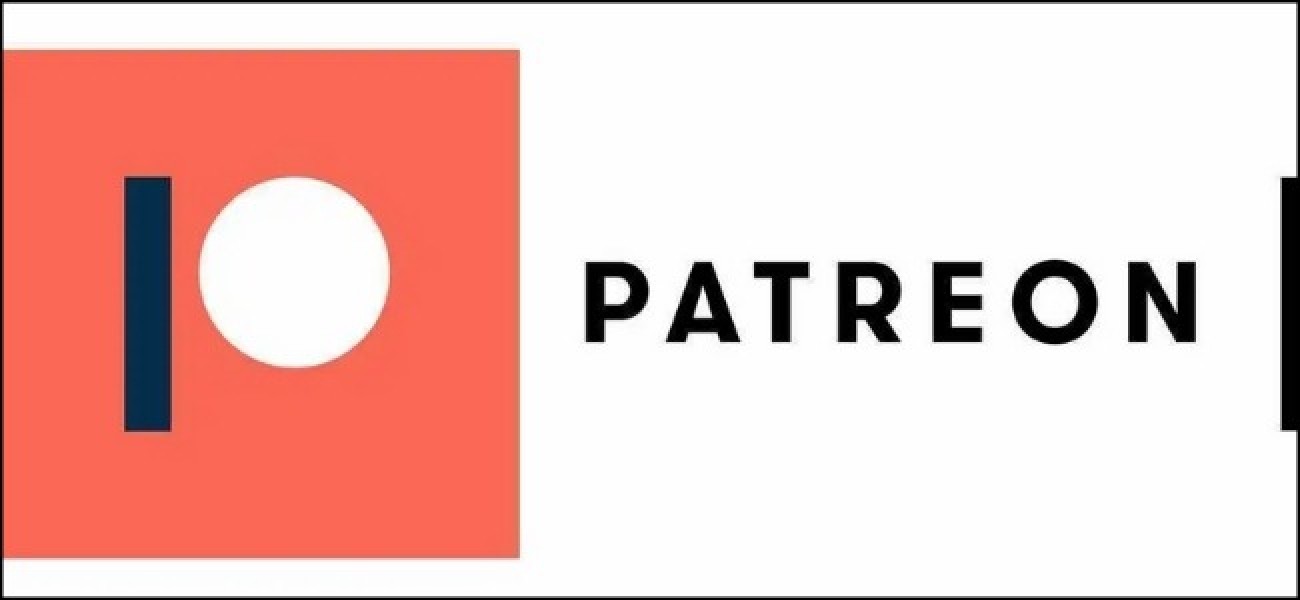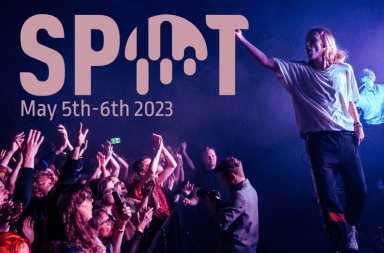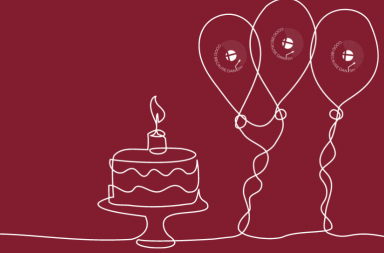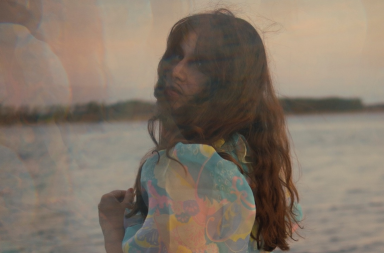Good because Danish had the pleasure to host our own showcase at SPOT Festival this year. It was called “A Showcase For Female Danish Voices” and featured performances of Ida Wenøe, Ida Gard and duo Marstal:lidell.
Since the main theme of the event was about female artists, we sat down on the rooftop of the coffee-place LYNfabrikken after the showcase and talked with Ida Wenøe, Ida Gard, Anna Lidell and Henrik Marstal about women in music general and especially in the Danish music industry. We discussed their problems, differences from male artists and asked about the female heroes of our interviewers. The topic is of course way more complex and requires way longer talks than a 20 minutes interview. But we believe it’s good to notice the issue and try to show that it needs more discussions and solutions. Read the little interview below and keep an eye on the topic of women in music!
Good because Danish: It seems like there are not that many female artists in the Danish music industry, some media state that for example Roskilde Festival or other big events don’t book many female artists. Do you feel that it’s a real problem or more of a topic boosted by the media? Is Danish music scene open to women?
Ida Wenøe: I think the last couple of years have been great, because there has been a lot of focus on this particular topic and there has been some really cool and amazing projects. I started to think how it was when I was younger, because then you can see where there’s work you can do. But personally, I never felt excluded, besides one exception.
Anna Lidell: I think the same, I think the last few years it wasn’t such a big problem. Not only because of the discussion about the topic of women in music, but also because of the time and era we live in. But I think when I was a child, it was actually kind of a problem. Nobody was encouraging me to develop in this way. At that time I wasn’t singing at all, was just playing my guitar and there were so many fights about it. But now it’s better, and I think it’s worth fighting for the young kids, to make it easier for girls to get into music.
Ida Gard: I think it’s actually still a big problem and it’s good that women like us, who are in the music industry, are talking about it and trying to change it. The problem is there to solve it. Look at the festivals’ programs all over, there are still very few female acts playing. I think sometimes it’s like, you’re so used to it that you don’t even notice the fights women have to take. Both, when starting with the music and when you are a more established artist. Then you also have to fight. Of course it’s not that somebody will tell you “oh, we can’t book you because you’re a female”. But I don’t think they are aware that sometimes they don’t book a female artist and go with men so much more often.
Do you think the problem lays in the fact that music industry is a tough business, more suitable for men?
Anna Lidell: I guess it’s pretty much like in many other areas, that men still define most of the things. It’s been only 500 years since women have been a part of this business, so there’s so many routines and things which are hard to change. Some people say that there is no problem at all with the gender – to them I’d like to say: then turn the genders around and see if you will find something weird – because you get used to how it is.
The music that you and your projects make is different from the stereotype image of a woman in music. I mean, the pop star, shiny happy, pretty girl all in glitter, singing simple songs. I guess this is still the image of the majority of women or there is still that stereotype of females in music somewhere in the back of our heads. Do you think what you do can help to change that image and show that women can have many different faces in music?
Ida Wenøe: I sure hope so! And it’s very nice – now I’m talking to the young people. It’s very nice to feel that you can pass something on to them. Because I think it’s really important that you can be yourself in music, as female, too. Even if that “yourself” is a big pop star with high heels and red lips.
Ida Gard: Here in this matter there is again the problem that you can see, and the difference for women and men. With women, when we’re talking about big labels, the image you’ve mentioned – the pop star – is the image they say about: “okay, this we can sell”. And it’s all about money basically. Because when you’re a male act, you can be hip-hop, you can be rock, pop… with females, it’s just… the major label will say: “hey, it’s great, but we can’t sell it, because the main audience is young girls. So more hey, go!” – you know. In a way it’s like that. Of course it’s more complicated than that, but the basic issue and problem is out there.
Henrik Marstal: For me, in the whole culture of Denmark and all of the European countries in the last few centuries, the male person has been the norm and women were the difference from that norm. So, to be male is to be normal and not to be male is not to be normal. And women when they listen to music, they listen to music with female voices, they prefer females – and males will prefer music with male voices. Since the music industry in Denmark is so male-dominated, for example on the radio, in the music companies and booking agencies, then we have this thing: when they listen to the male voice, they think “oh, that’s the normal thing, that’s the right thing”. We can sneak in some females, but it’s still seen as kind of a difference. I think that’s also a problem, that the whole industry is male-dominated. That should be changed, so we can actually make more room for the females.
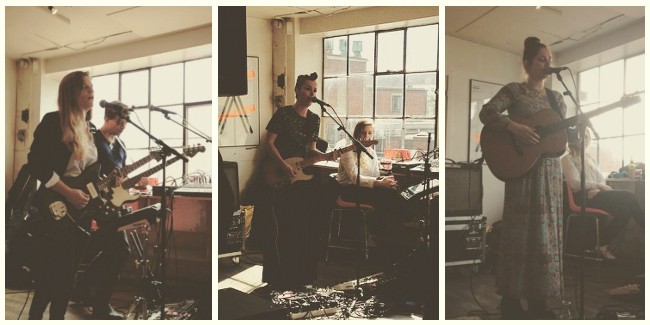
Marstal:lidell, Ida Gard and Ida Wenøe playing the Good because Danish showcase at SPOT Festival 2015
What do you think female artists can do better than male artists?
Ida Wenøe: I don’t really like generalizing, but I know it’s easier to talk about stuff and see the bigger picture when you generalize. I guess, maybe females have more sensibility and melancholy, something like that.
Ida Gard: For a long time I was willing to say that there’s no difference between men and women, that I was not a female musician, but just a musician. But I am slowly realizing that people meet me as a women and so I met the world differently than the men did. I think that representation has to be in the music. I don’t know exactly how much different, but I can just feel that it’s different.
Henrik Marstal: I wouldn’t generalize either, as Ida said. However, from my experience: I’ve been playing in a few male bands and I’ve been working a lot with female musicians as a producer and with Anna [in the marstal:lidell project], and one thing I’ve noticed is that female musicians tend to have a little less ego than men. I guess that’s why I can relate to them more, because I don’t like too much of ego persons and ego-driven artists. I think a lot of women artists are more into what they do because of the music, because of the vibe, because they have something to say, not because of the “I wanna be famous”-reason. I think the last one is more of a male thing. I guess to me, still without generalizing, it’s the difference between women and men in music.
This topic, of women in music and the gender differences in general, can be talked about for hours. We just touched the subject in one small way in this conversation. Finally, we’d like to ask you all: what were your personal female inspirations in music, your female music heroes?
Ida Wenøe: I had two female heroes, that kind of represented two sides that I really like and they are also similar, because they were both very strong. It’s Patti Smith and Nina Simone. I just think they are kind of like us here, because they are not the typical picture that we have of a woman. They also dared to share their weaknesses. That spoke to me a lot and still does.
Ida Gard: I think Tracy Chapman was one of the first ones and later – Fiona Apple is also a good one.
Anna Lidell: I don’t want to copy the previous choices, but also – Nina Simone is my female music hero. The other one is Nina Hagen, a German woman. She’s kind of an opera singer, but also punk. She’s so expressive, sometimes she’s almost puking and then she’s singing opera in the next moment, it’s very strong.
Henrik Marstal: I’m a bass player, so I pay attention to bass musicians. One of my biggest heroes in that regard is actually a woman – Tina Weymouth, the original member of Talking Heads. So, when the Talking Heads came around, I listened to a lot of their music when I was a teenager and I keep on coming back to that, because she managed to create something amazing with bass. Aaaand… I met her once!

